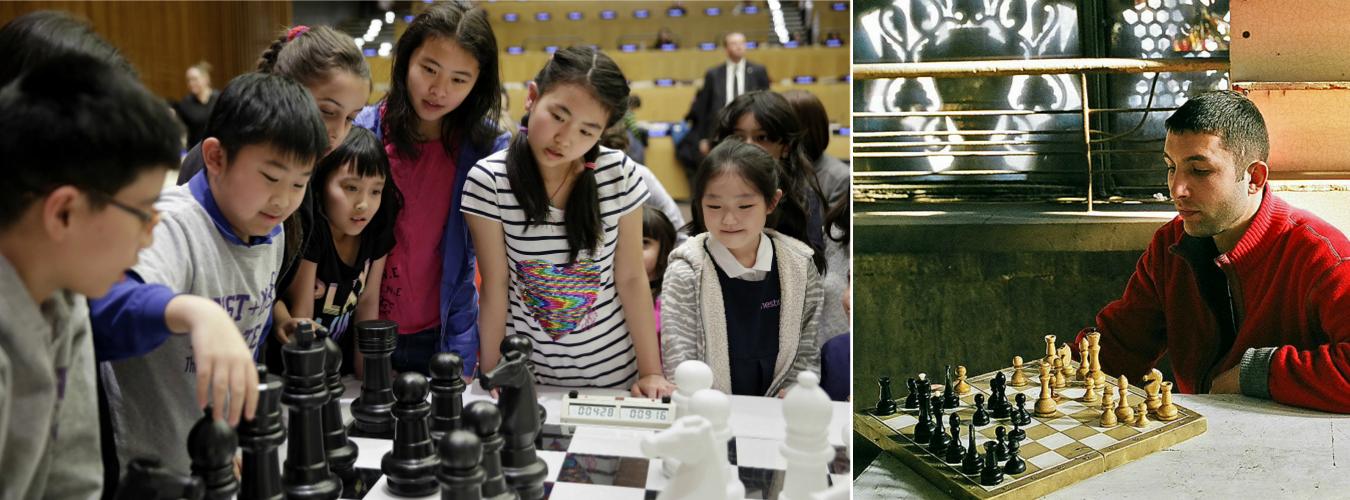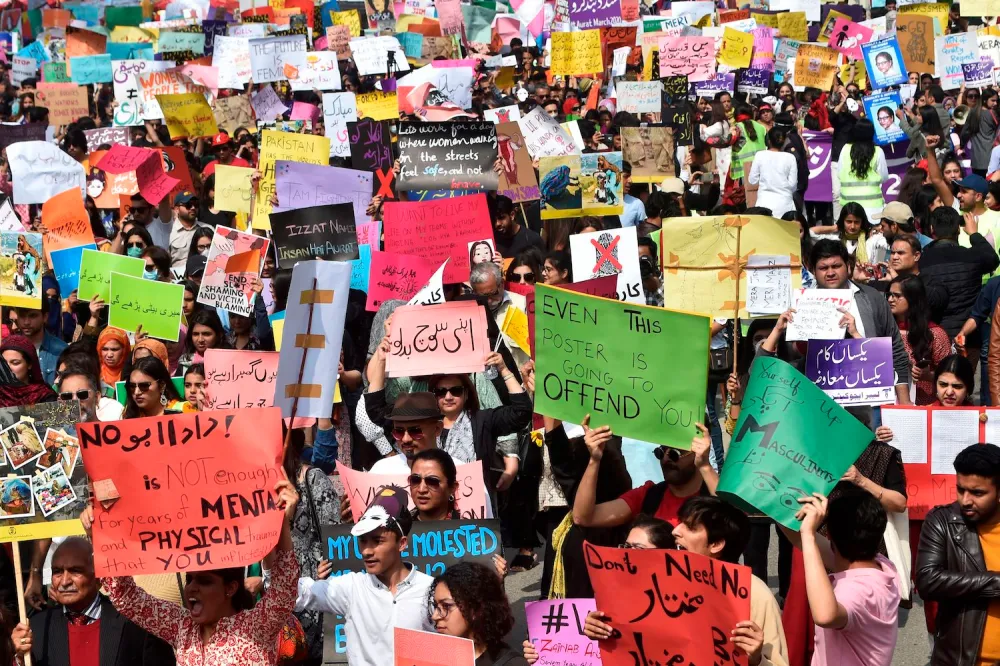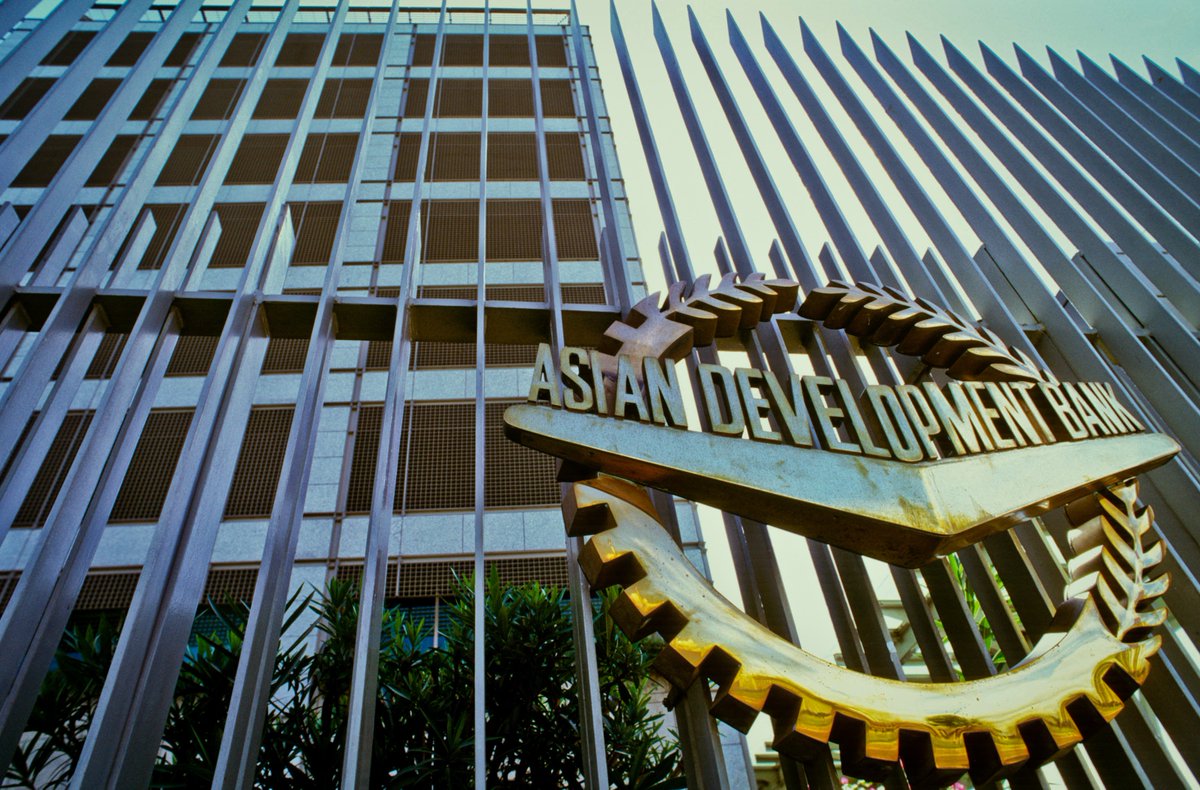Arshad Mahmood Awan
Down syndrome is a genetic condition caused by the presence of an extra partial or whole copy of chromosome. While the exact cause remains unknown, it’s a condition that has existed throughout human history and affects people across the globe. Individuals with Down syndrome experience varying degrees of intellectual and developmental disabilities, along with distinct physical characteristics and potential health concerns.
Access to quality healthcare, early intervention programs, and inclusive education is crucial for individuals with Down syndrome’s growth and development. Early intervention programs provide essential support and therapies like physiotherapy, occupational therapy, speech therapy, and specialized education. These interventions can significantly improve a person’s physical, cognitive, and communication skills, allowing them to reach their full potential.
In 2011, the United Nations General Assembly declared March 21st as World Down Syndrome Day. This annual observance aims to raise public awareness about Down syndrome and advocate for the inclusion and empowerment of individuals with this condition.
The estimated number of children born with Down syndrome falls between 1 in 1,000 and 1 in 1,100 live births worldwide. By ensuring access to appropriate healthcare, including regular check-ups and timely interventions, the quality of life for people with Down syndrome can be significantly improved. Additionally, parental care, support systems, and inclusive education at all levels are crucial for their integration into society.
Stereotypes are often inaccurate and limit our understanding of others. For people with Down syndrome, stereotypes can be particularly harmful, leading to underestimation, exclusion, and even abuse. Often stereotyped as childlike, they are denied opportunities to develop their skills and participate fully in their communities.
This year, World Down Syndrome Day calls for a global effort to dismantle these stereotypes. By recognizing the unique potential of each individual with Down syndrome, we can create a world where they are treated with dignity, respect, and provided the opportunities to thrive. Let’s celebrate their strengths, challenge misconceptions, and work towards a more inclusive and understanding world for all.
World Down Syndrome Day 2024 focuses on a crucial aspect of inclusion: dismantling the stereotypes that surround Down syndrome. These stereotypes, often based on limited information or outdated perceptions, create significant barriers for individuals with Down syndrome. They lead to underestimation of their abilities, exclusion from opportunities, and even mistreatment.
By recognizing the unique potential that each individual with Down syndrome possesses, we can begin to dismantle these harmful stereotypes. People with Down syndrome are not a monolith; they exhibit a broad spectrum of abilities, interests, and personalities. Some may excel in artistic pursuits, while others may demonstrate remarkable athleticism or intellectual curiosity. Recognizing this diversity is the first step towards celebrating their strengths and fostering a more inclusive environment.
Stereotypes often portray individuals with Down syndrome as perpetually childlike or incapable of learning and development. This misconception hinders their social inclusion and limits access to crucial educational and professional opportunities. World Down Syndrome Day serves as a platform to challenge these misconceptions. By highlighting the achievements of individuals with Down syndrome in various fields, we can inspire a shift in perception.
Creating a world where individuals with Down syndrome can thrive requires a multi-pronged approach. Dismantling stereotypes is crucial, but it’s just the first step. We must actively promote inclusive education, ensuring access to learning environments that cater to their individual needs and allow them to reach their full potential. Additionally, fostering inclusive workplaces and communities is essential. People with Down syndrome deserve opportunities to contribute their talents and perspectives to society, enriching our collective experience.
Ultimately, World Down Syndrome Day is a call to action. It’s a call to challenge our assumptions, celebrate the strengths and diversity of individuals with Down syndrome, and work towards building a more inclusive and understanding world. By dismantling stereotypes and fostering inclusion, we can create a society where everyone has the opportunity to reach their full potential and thrive.
Please, subscribe to the YouTube channel of republicpolicy.com

















































